Over the weekend, Qantas Group signed what it is calling a “landmark agreement” with aviation giant Airbus, one of the world’s largest aircraft manufacturers. The Australian Sustainable Aviation Fuel Partnership, as it’s named, will see the companies invest US$200 million (AU$285 million) to “accelerate the establishment of a sustainable aviation fuel (SAF) industry in Australia.”
The agreement was signed by Qantas Group CEO Alan Joyce and Airbus CEO Guillaume Faury in Doha at the International Air Transport Association annual general meeting (AGM).
The Qantas Group has committed to using 10% SAF in its overall fuel mix by 2030, but said it is currently sourcing it from overseas.
“Due to the lack of a local commercial-scale SAF industry, Australia is currently exporting millions of tonnes of feedstock every year, such as canola and animal tallow to be made into SAF in other countries,” Qantas said in its statement.
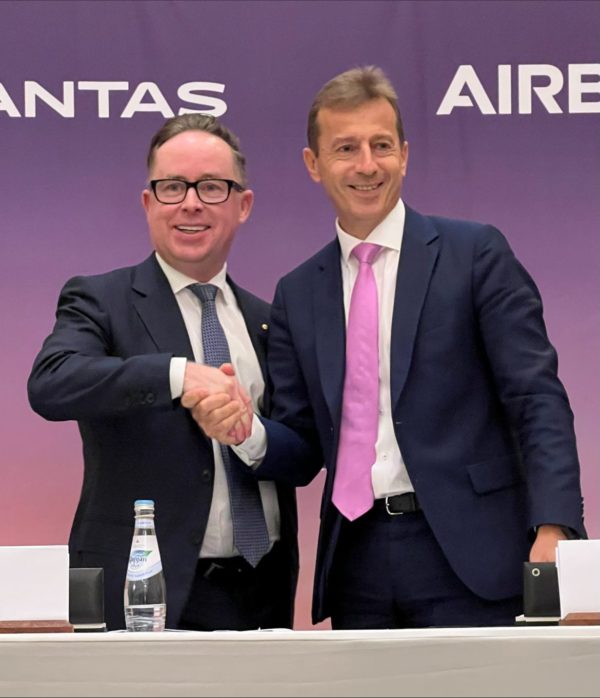
LinkedIn/Andrew Parker
Sustainable Aviation Fuels are biofuels which, unlike hydrogen, would not require substantial alterations to existing aircraft, meaning any developments would be easily implementable. SAFs and what’s known as “renewable diesel” are made from a range of alternate oils, fats and grease, such as cooking oil and waste animal fats.
Biofuels have already been trialled by major airlines and has been used in commercial flying as early as 2008.
The aviation industry claims it could reduce its emissions by 80% by finding sustainable alternatives to traditional jet fuel.
Qantas and Airbus say their partnership will see them invest in locally developed and produced SAF and feedstock initiatives. “Projects will have to be commercially viable and meet a strict set of criteria around environmental sustainability,” Qantas added.
The partnership is initially for five years with options to extend. Qantas’ financial contribution to the partnership includes AU$50 million previously committed to research and development of SAF in Australia back in 2019.
Aviation H2’s hydrogen plane
On the other end of the alternate fuels, Australian startup Aviation H2, owned by Liberty Energy Capital, is pursuing hydrogen.
The company on Wednesday sent out an update saying it is still aiming to have Australia’s first hydrogen-powered plane in the sky midway through 2023.
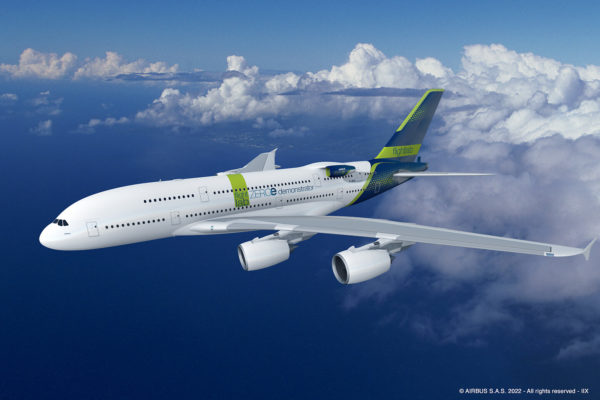
The test engines it is acquiring for modification to run on hydrogen are set to arrive in the coming five weeks, with Aviation H2’s Director and Principal Engineer, Dr Helmut Mayer, saying it will use these as a proof of concept for their method of converting jet planes to carbon-free fuel.
It’s worth noting, however, that Aviation H2’s owner, Liberty Energy Capital, doesn’t seem to be committed to green, renewable hydrogen and owns stakes in a number of companies seeking to produce hydrogen from biomass (essentially wood and other organic matter).
Biomass is not zero emissions technology and its label as such has been hotly contested globally, which also seems relevant for the pursuit of Sustainable Aviation Fuels (SAFs).
Back to Aviation H2, it says its strategic partner and specialist charter flight operator FalconAir is currently in the process of ensuring the test engines meet its requirements.
“Once the test flight is successful in the middle of 2023, Aviation H2 will have a patentable method for modifying aircraft,” it said.
Following this, its plan it to “quickly seek to certify and commercialise this product” via a planned public listing on a major exchange in Q4 2023.
(Aviation H2 is entirely owned by Liberty Energy Capital Pty Ltd, an Australian investment firm with “significant positions” in 18 renewable energy companies, including H2X Global, Patriot Hydrogen, Sweetman Renewables, Verdant Earth Technologies, Port Anthony Renewables Limited, and more. On its website, Liberty Energy Capital say it is “100% owned by Sirius Capital Pty Ltd, itself owned by a group of Family Office’s”. Strange grammar and punctuation aside, family offices usually refers to private wealth management advisory firms that serve ultra-high-net-worth individuals.)
This content is protected by copyright and may not be reused. If you want to cooperate with us and would like to reuse some of our content, please contact: editors@pv-magazine.com.
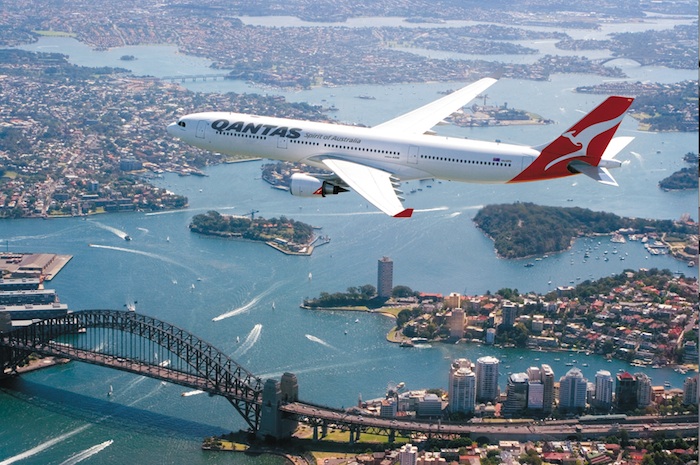
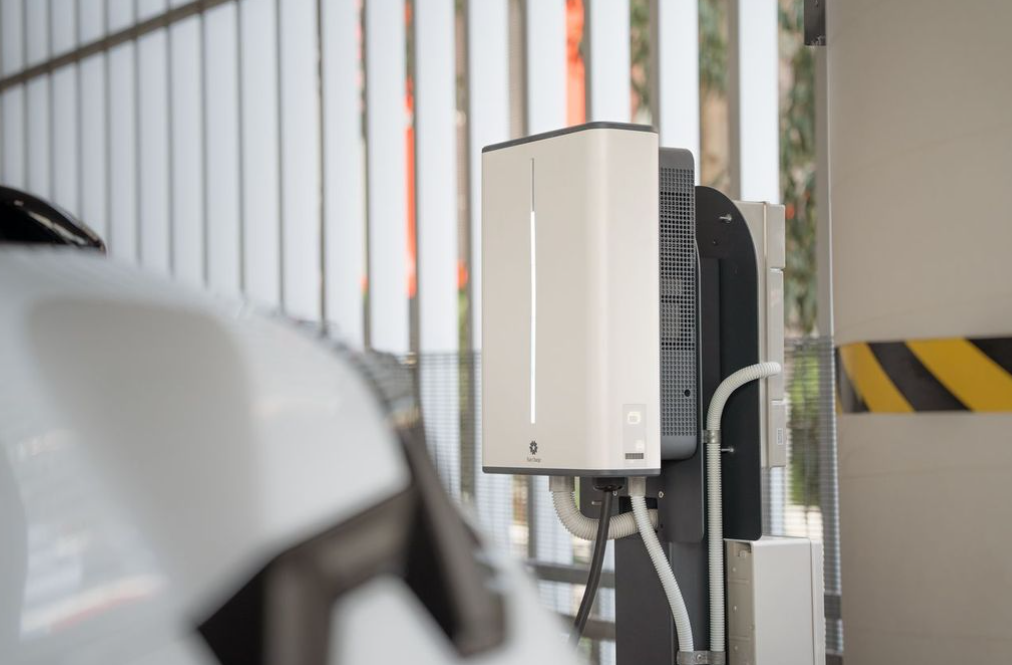






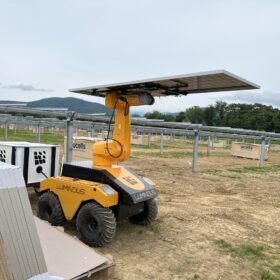
1 comment
By submitting this form you agree to pv magazine using your data for the purposes of publishing your comment.
Your personal data will only be disclosed or otherwise transmitted to third parties for the purposes of spam filtering or if this is necessary for technical maintenance of the website. Any other transfer to third parties will not take place unless this is justified on the basis of applicable data protection regulations or if pv magazine is legally obliged to do so.
You may revoke this consent at any time with effect for the future, in which case your personal data will be deleted immediately. Otherwise, your data will be deleted if pv magazine has processed your request or the purpose of data storage is fulfilled.
Further information on data privacy can be found in our Data Protection Policy.